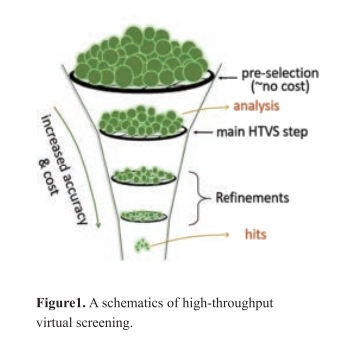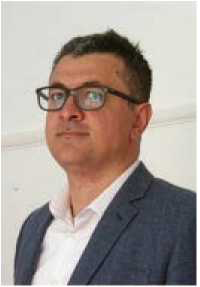Alessandro Troisi1
1 Materials Innovation Factory and Department of Chemistry, University of Liverpool, UK
EXTENDED ABSTRACT: This talk will provide an overview of the three main approaches used within the group to aid the discovery of new materials (i) high-throughput virtual screening (ii) machine learning and (iii) bottom up construction of physical models. The relation between the tree approaches will be discussed including a methodology for selecting the best strategy given time and budget constraints. The examples cover a number of areas related to organic electronics including charge transport in molecular and polymeric materials, singlet fission, temperature activated delayed fluorescence, organic photovoltaics, emissive materials.

Keywords: organic electronics; high-throughput virtual screening; machine learning
REFERENCES
[1] S. Fratini, S. Ciuchi, D. Mayou, G.T. de Laissardiere and
A. Troisi, Nat. Mater. 16, 998 (2017)
[2] D. Padula, O. Omer, T. Nematiaram, A. Troisi, Energ. Environ. Sci. 12,2412 (2019)
[3] T. Nematiaram, D. Padula, A. Landi, A. Troisi, Adv. Fund. Mater. 30,2001906 (2020)
[4] D. Padula, J.D. Simpson, A. Troisi, Mater. Horiz. 6, 343- 349, (2019)
[5] T. Nematiaram, A. Troisi, Mater. Horiz. 7 (11), 2922-2928 (2020)
[6] T. Nematiaram, D. Padula, A. Troisi, Chem. Mater. 33, 3368-3378 (2021)
[7] A. Landi, A. Peluso, A. Troisi, Adv. Mater. 33, 2008049 (2021)
[8] T. Nematiaram, A. Troisi, Chem. Mater. 34 (9), 4050-4061

Alessandro Troisi is a Professor of Chemistry. He obtained his PhD in Bologna (Italy 2002), performed postdoctoral research at Northwestern University (US) and started as in Warwick in 2005 as assistant professor being promoted in 2010 to a full professorship. From 2017 Profl Troisi is Chair in the Materials Innovation Factory of the University of Liverpool. Prof Troisi specializes in theoretical and computational chemistry, computer aided materials discovery, electron transport and transfer, organic semiconductors and quantum dynamics. He was awarded the Marlow Medal by the Royal Society of Chemistry in 2007 and the ERC Starting Grant (2009), ERC Consolidator Grant (2014), ERC Advanced Grant(2021).